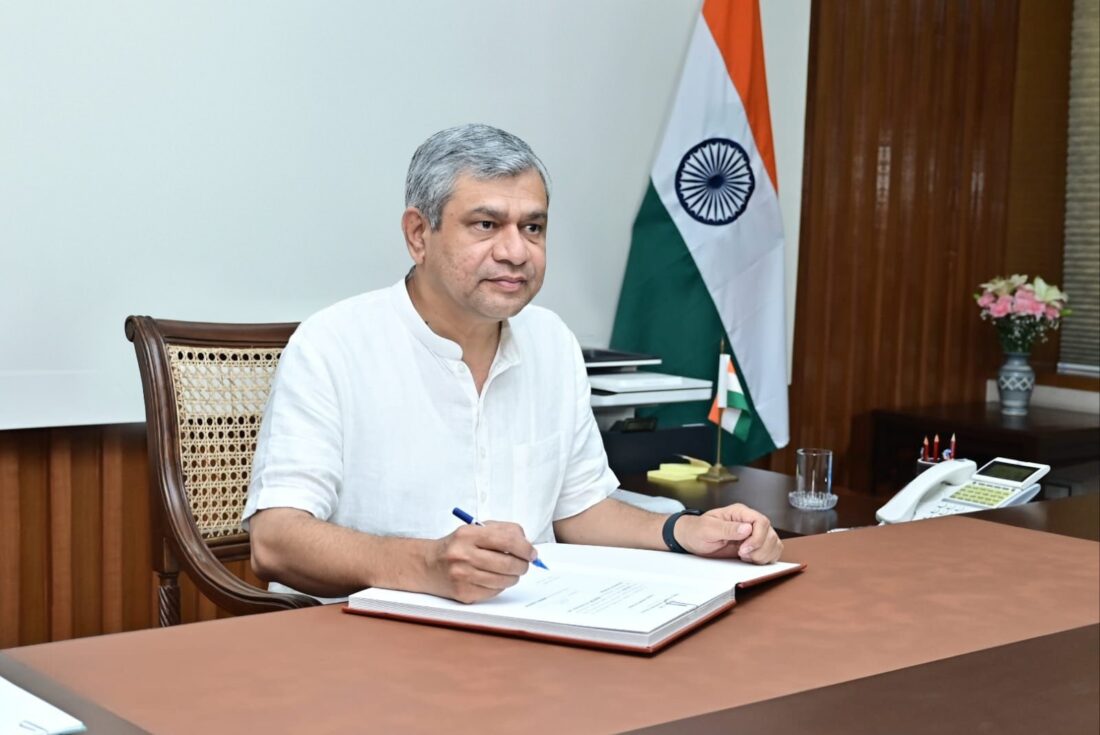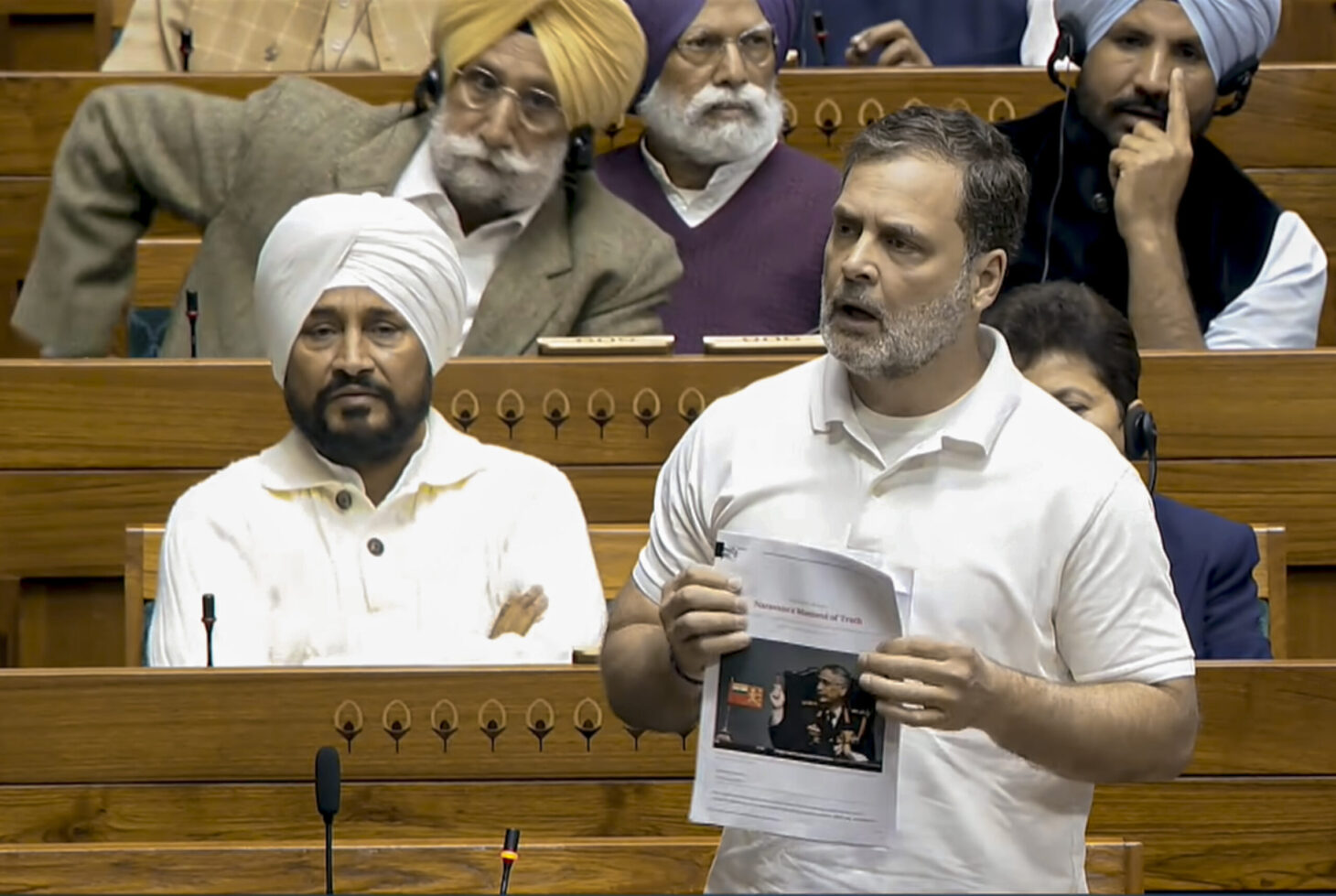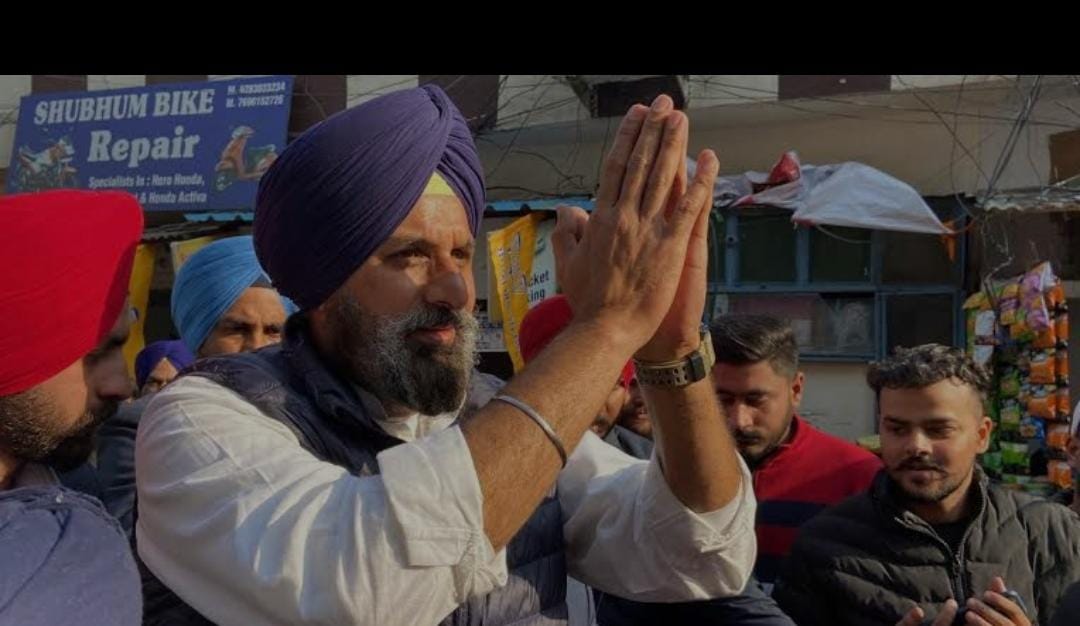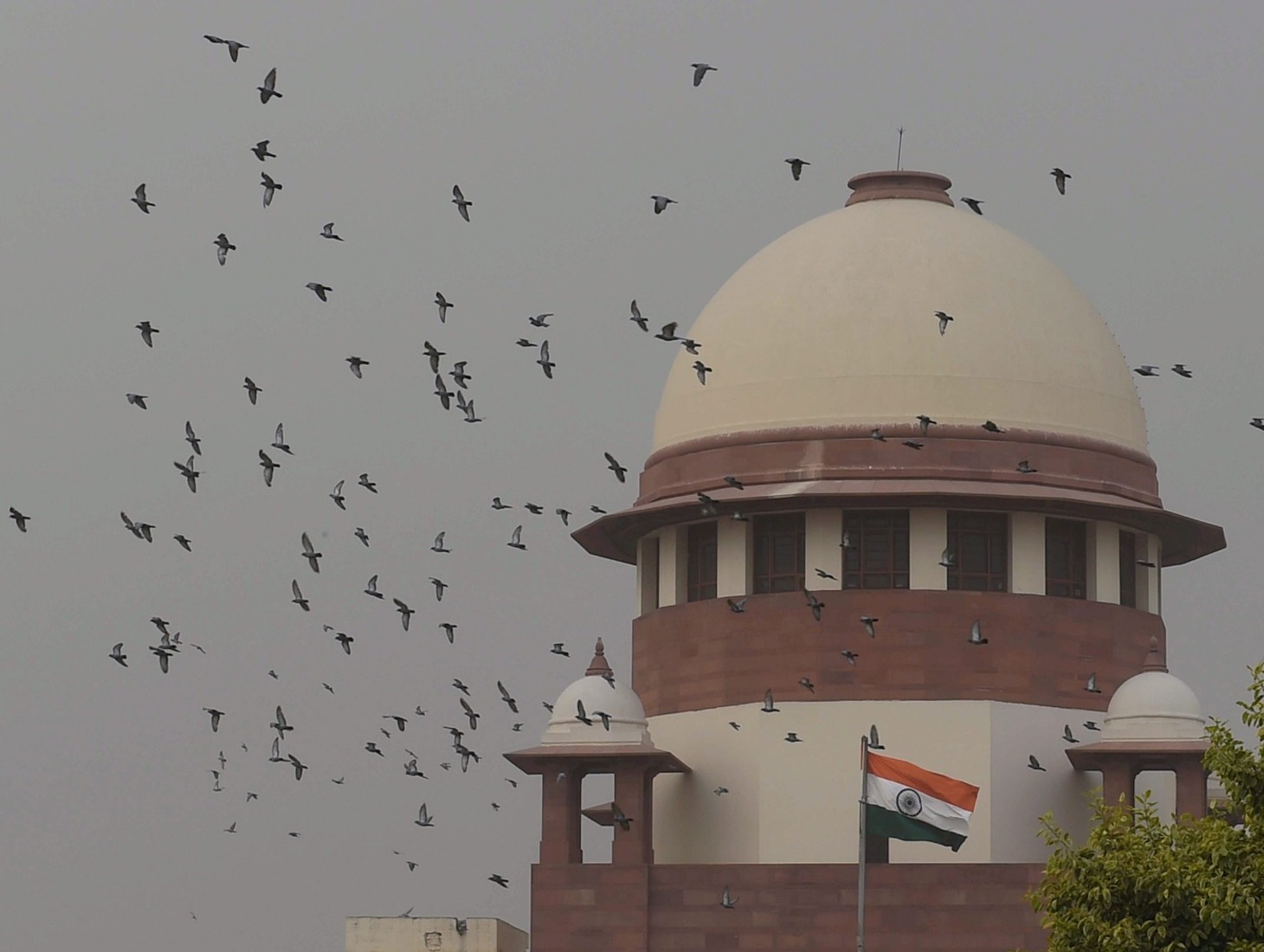North News
New Delhi, January 29
Union Cabinet, led by Prime Minister Narendra Modi, has approved the National Critical Mineral Mission (NCMM) with an expenditure of ₹16,300 crore ($1.96 billion) and an expected investment of ₹18,000 crore from public sector undertakings (PSUs). The initiative aims to strengthen the supply chain of essential minerals for high-tech industries, clean energy, and defense as part of the Atmanirbhar Bharat (Self-Reliant India) program.
Providing details about the Cabinet meeting, Union Minister of Information and Broadcasting Ashwini Vaishnaw said that the mission, announced in the 2024-25 Union Budget, will focus on mineral exploration, mining, beneficiation, and processing, along with recovering minerals from waste materials. It seeks to fast-track regulatory approvals and offer financial incentives for critical mineral exploration, he added.
“Additionally, the initiative will support Indian companies in acquiring overseas mineral assets, enhance trade with resource-rich nations, and build domestic stockpiles of critical minerals. The plan includes establishing mineral processing parks, boosting recycling initiatives, and promoting research through a proposed Centre of Excellence on Critical Minerals,” he said.
The Mines and Minerals (Development and Regulation) Act, 1957, was amended in 2023 to accelerate mining activities. Since then, the Ministry of Mines has auctioned 24 strategic mineral blocks and initiated 195 exploration projects under the Geological Survey of India (GSI). The government has also eliminated customs duties on key minerals to encourage domestic processing.
To advance research and innovation, the Science and Technology – PRISM initiative was launched in 2023, funding startups and MSMEs in critical mineral technologies. In a significant overseas acquisition, KABIL, a joint venture of the Ministry of Mines, has secured 15,703 hectares in Argentina’s Catamarca province for lithium exploration.
The NCMM will adopt a whole-of-government approach, collaborating with ministries, PSUs, private firms, and research institutions to bolster India’s self-sufficiency in critical minerals.
















